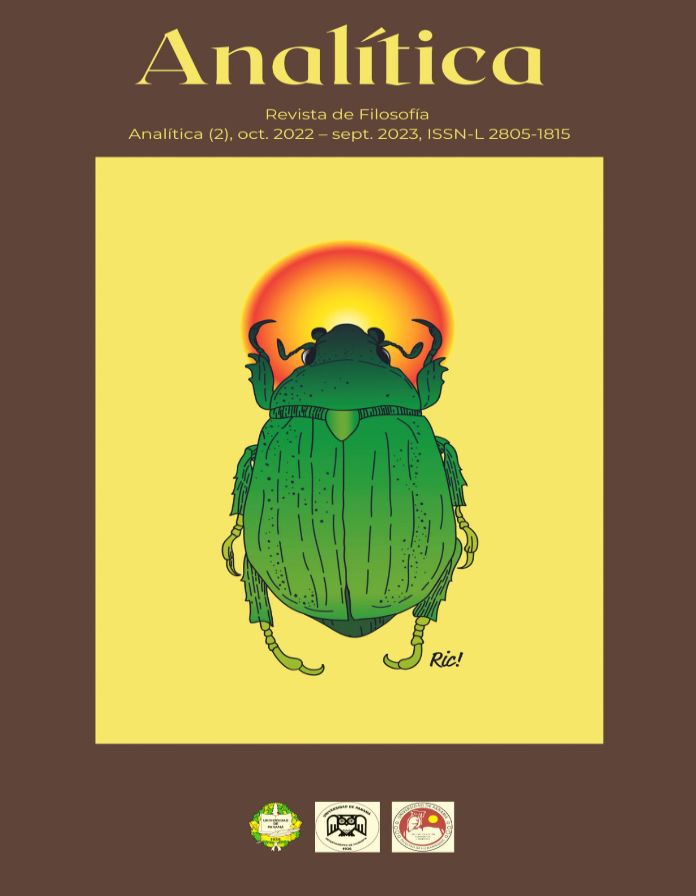


Este trabalho encontra-se publicado com a Licença Internacional Creative Commons Atribuição-NãoComercial-CompartilhaIgual 4.0.
This paper deals with methodological Realism and constructivism in African philosophy and defends the idea of critical ethnophilosophy. The necessity to incorporate local values into a universal paradigm constantly challenges the claim of objective truth. Thus, some African philosophers began investigating the ontological and epistemological underpinnings of their cultural values and beliefs. Despite its unusual approach to philosophy, this project demonstrates the need to accommodate local contexts in the formation of knowledge. Globalization is the recognition of the increasing awareness of interdependence not just in the sense of a global fraternity but also in a global competition for scarce resources. This leads to the formulation of a vision of global philosophy that addresses the concerns of humanity but at the same time recognizes local contexts. It is important to note that African philosophers are convinced that a genuine philosophical problem arises in response to a certain social context. This tendency is justified by recurrent appeals to certain readings of Derrida, Marx, Althusser, and Wittgenstein. The contention that there is such thing as African philosophy is not just about recognizing local or Indigenous knowledge claims rather, it is the outgrowth of contemporary philosophy. But it is argued that the Défense of local contexts should not be at risk of adopting cultural values and ideas that are out of step with the rest of the world. This article uses a qualitative methodology by way of extensive discussion and analysis of philosophical documents.